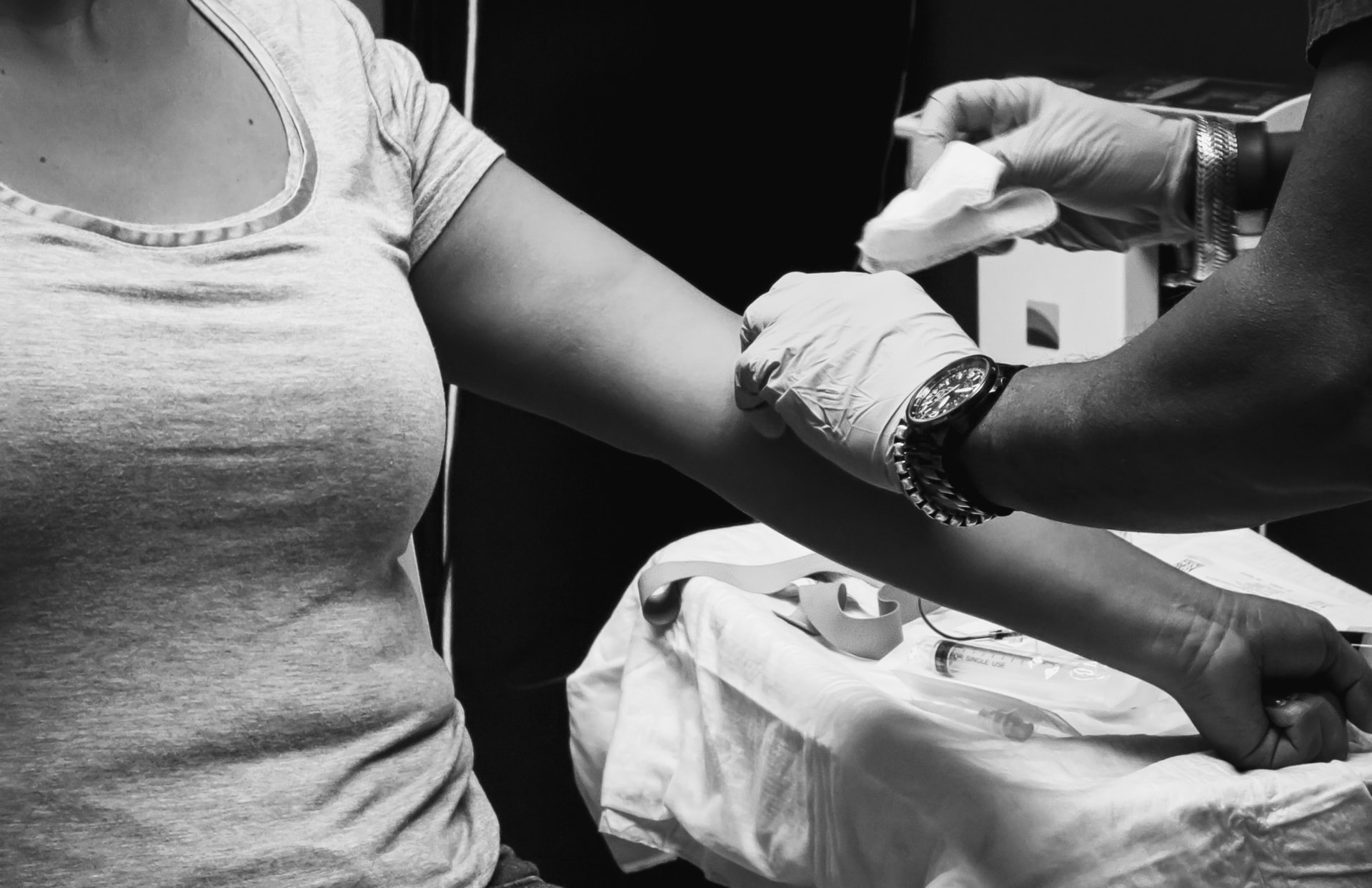Media release
From: Springer NatureConvalescent plasma therapy may decrease COVID-19 severity
Patients with COVID-19 who were treated with convalescent plasma were less likely to require oxygen on day 14 and were more likely to survive than those who did not receive plasma, according to a retrospective, case-control, score–matched study of 39 patients hospitalized with severe symptoms in New York City. The study, published in Nature Medicine, suggests that convalescent plasma may potentially be effective against COVID-19, although further studies are needed.
Therapy with convalescent plasma is considered to be a stopgap treatment for COVID-19 while new antiviral medications and vaccines are being developed. Convalescent plasma, donated by people who have recovered from COVID-19, is the component of blood that contains antibodies, including those that specifically recognize SARS-CoV-2. These antibodies, transfused into patients infected with SARS-CoV-2, are thought to induce an antiviral effect by suppressing viral infection, supplementing a patient’s own immune responses. However, protection from COVID-19 has yet to be directly linked to levels of circulating antibodies to SARS-CoV-2.
Nicole Bouvier and colleagues selected 39 patients admitted to Mount Sinai Hospital in New York City between 24 March and 8 April 2020 to receive transfusion of COVID-19 convalescent plasma. Two thirds of the patients were male and one third were female, with an average age of 55. The patients tended to be obese, but generally had few other pre-existing conditions. On the day of transfusion, 87% of the patients required supplemental oxygen through a non-invasive device, and 10% were on ventilators. The control group consisted of patients with COVID-19 admitted during the same time period with an infection history, symptoms and pre-existing conditions similar to those of the treatment group. By day 14 after transfusion, 18% of the treatment group required more oxygen, whereas 28% of the control group required more oxygen on the same day. By the end of study on 1 May, 13% of the patients in the treatment group and 24% of the control group had died, and 72% and 67% had been discharged alive, respectively.
The authors concluded that this study provides evidence that transfusion of convalescent plasma may be an effective treatment for COVID-19, but larger sample sizes and randomized trials are needed to definitively determine the efficacy of this therapy.


